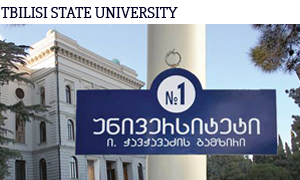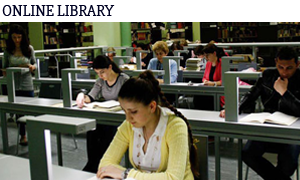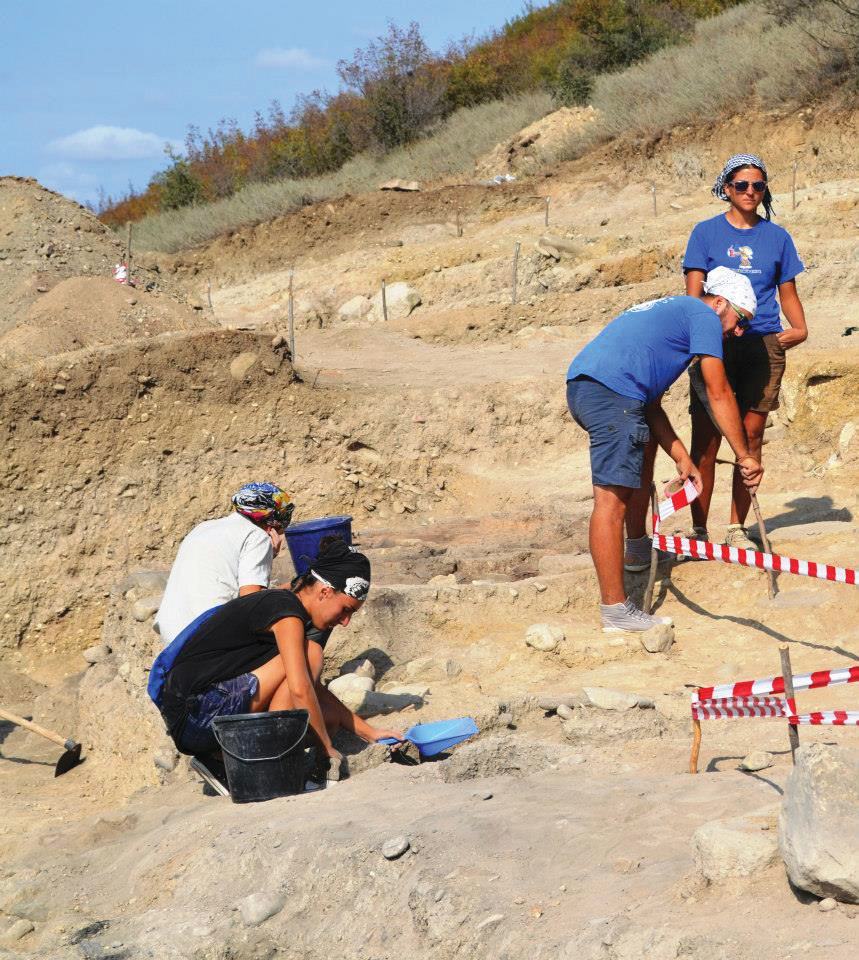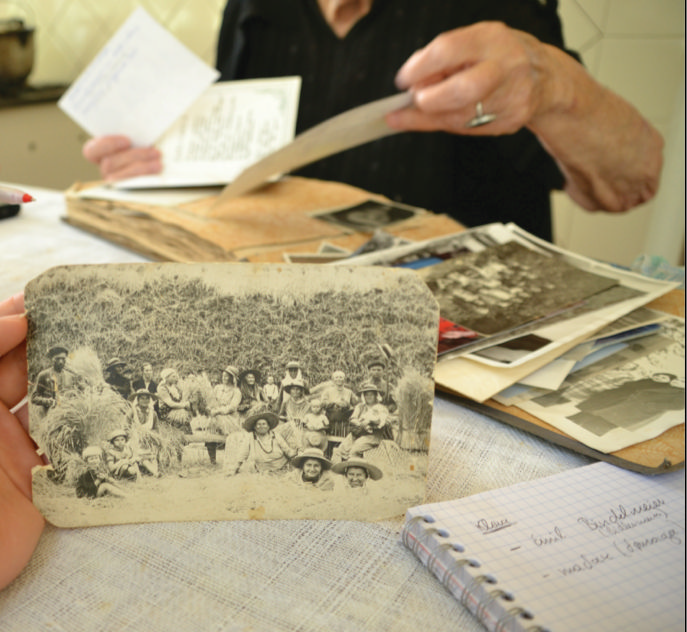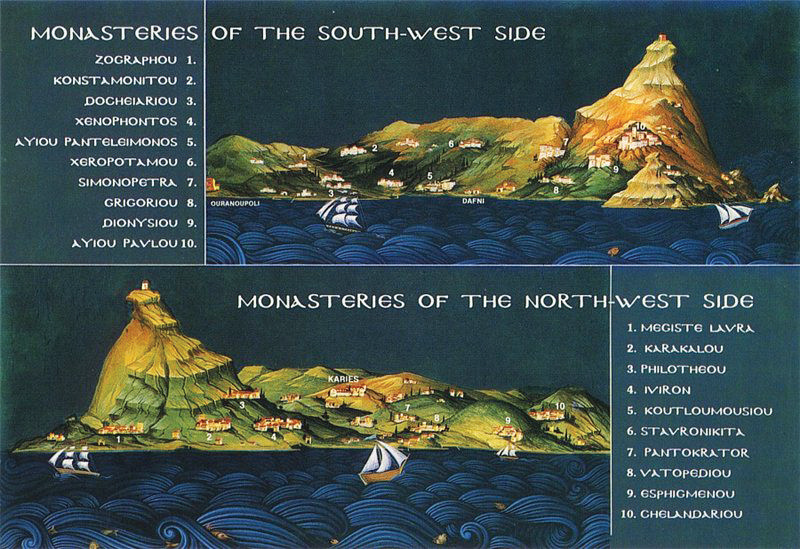
Journal Number: 6
Joint research was conducted in 2011-2013 out in Romania and Georgia on pollution in the Black Sea. The Georgian team worked with leading German and Greek environmental scientists within a project entitled „Investigation of Submarine Groundwater Discharge (SGD) for preventing pollution and eutrophication of the coastal Black Sea“, funded by the Shota Rustaveli National Science Foundation and the European Commission.
For several years TSU scientists have been working on the Grakliani Hill--located near the villages of Igoeti, Samtavisi and Gamdlistskaro. Ten cultural layers have been discovered spanning periods from the Stone Age to Roman civilization.
Apart from studying materials created by humans during their development to provide historical interpretations, archaeology contributes to the study of specific eco-environments and the general development of natural milieu. It permits the study of earth magnetism, the evolution of flora and fauna, the palaeo-climate and other domains. Archaeology applies different technical methods according to the subject at hand, including earth remote sensing, geophysics, various chemical, physical, hydro-chemical and geochemical comparative analyses, molecular studies, and statistical-mathematical methods. This is how TSU scientists apply archaeology.
Today Germans no longer live in these southern Georgian villages and only vestiges of their material culture and memories about them have remained. Their history has been preserved through local sources and narratives. This is one of the rare photos of Germans who had settled in the area.
What was the role and importance of the Georgian monastery after the fall of the Byzantine Empire? A TSU researcher’s study, “The Iviron Monastery during the Ottoman Empire’’ is a successful attempt to answer this question. Assistant Professor Tamar Alpenidzeat from the TSU Institute of Oriental Studies, Division of Turkish Language and Literature, began her research in 2013. She spent a semester in Istanbul at Koç University’s Research Center for Anatolian Civilizations studying Ottoman materials kept in Istanbul archives that are related to the Iviron Monastery.

